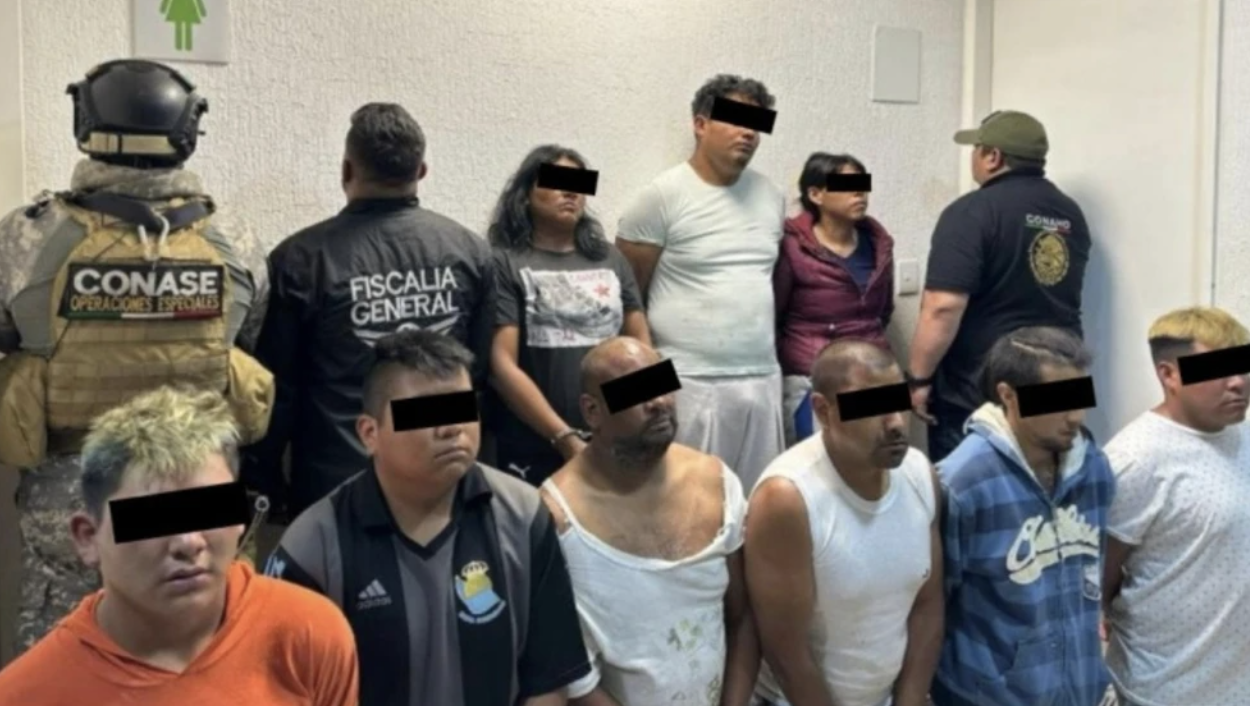A 14-year-old boy was arrested on suspicion of being one of the gunmen in a January attack on a birthday party in Mexico that killed eight people.
On January 22, the massacre took place in Chimalhuacan, a suburb just outside of Mexico City. In addition to the eight people killed, seven others were injured, including a three-year-old child.
According to authorities, the teenager, known as El Chapito, arrived at the party on a motorcycle with another man known as El oo and unleashed a hail of bullets on the group in the early morning hours. Photos from the crime scene circulated in Mexican media at the time, showing chairs strewn about the lawn and an abandoned trampoline.
El Chapito and El oo were apprehended in a series of raids over the weekend, along with seven other people, though the news of their capture was only released on Thursday. The men were allegedly members of a local gang led by El Lenguas, who was arrested on February 25. It’s unclear whether the group was affiliated with any larger criminal organizations in Mexico or operated independently.
Because of lax laws that allow for shorter prison sentences for minors, Mexican drug cartels have a long history of using children as sicarios or assassins in Spanish.
After being arrested and claiming to have carried out beheadings for a splinter faction of the Beltran Leyva Organization, a 14-year-old boy nicknamed “El Ponchis” made international headlines in 2010. El Ponchis claimed that he was kidnapped at the age of 11 and drugged before being forced to commit the heinous crimes.
Another adolescent, Juanito Pistolas, rose to prominence online in the mid-2010s after several narco rap songs boasted about his exploits as a child killer for a faction of the Zetas cartel. He was later killed in a gunfight with authorities in 2019 at the age of 16.
According to a study released in 2021 by the Network for Children’s Rights in Mexico (REDIM for its Spanish acronym), 30,000 children were working for the cartels as lookouts, street-level drug dealers, or sicarios, and another 250,000 were at risk of being recruited.
Rosa Icela Rodrguez, Mexico’s top security official, announced the formation of the National Observatory for the Prevention of Minors’ Recruitment by Organized Crime in April 2021, to study the issue of child recruitment by drug cartels.


